Bonus Perspectives: The Podcast Election, Japanese Politics on Fire, "Nosferatu," and "Death Wish"
Trump goes on Joe Rogan, the Japanese political world sees a major upset, and your weekly media recommendations.
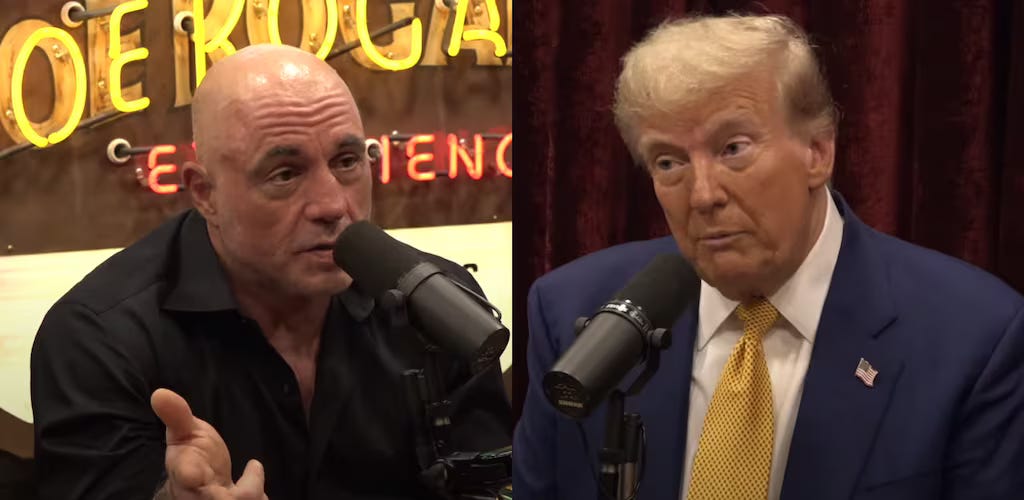
Bonus Perspectives is a weekly column series containing my thoughts on the latest international news and Japanese news, as well as film, television, music, book, and video game recommendations. It’s free for all subscribers to this Substack, but if you enjoy my writing, consider opting for a paid subscription. Doing so will give you access to exclusive in-depth pieces and my entire backlog of work. Your support is greatly appreciated!
Last-minute thoughts
Here we are yet again on the eve of another U.S. presidential election. Since I wanted to get a column out before the results came in, this edition of Bonus Perspectives will be shorter than usual. As most of my readers know, I tend to get long-winded with my pieces, so I’m going to try to limit myself to around 500 words per section. A real challenge, I know. If you happen to prefer this format, feel free to chime in via the comments and I may consider it again in the future.
It probably doesn’t mean a lot coming from an American who no longer lives in America, but regardless of who takes the White House for the next four years, life will go on. Division still afflicts U.S. society, but I do think that things are marginally better in 2024 than 2020 now that the world is out of the COVID-19 pandemic. There will undoubtedly be many people unhappy over the results of this election, but again, life goes on. While I won’t downplay the importance of the time we’re living in, the U.S. has been through far worse moments in its history.
I won’t reveal who I voted for (or if I even voted at all) because I don’t want that to color the perception readers have of my work. The goal of my Substack Foreign Perspectives and indeed all pieces that I write is to inform people of topics they otherwise would never have learned about and promote more nuanced thinking. I have my biases like anyone else, but I’ve done my best to not be partisan and to weigh all sides of complicated issues. I will continue to do the same whether we get a Harris presidency or another Trump one.
I have family that survived the Chinese Cultural Revolution and the Lebanese Civil War. I’m friends and colleagues with people who live in war-torn countries like Ukraine and Israel. The United States of America in 2024 is still better off than almost any other place or era even with its many problems. In these times it’s very easy to get into cynicism or despair, but it’s better to keep a wider perspective on how much worse things could be. I wish my fellow Yanks the best and will be watching future developments closely.
Podcasts are the future of U.S. elections
Donald Trump finally appeared on The Joe Rogan Experience on Oct. 26 after months of speculation. At over 44 million views as of this writing, it’s already one of the most popular episodes of Rogan’s podcast and undoubtedly among the most-viewed videos of the year. For those who don’t listen to podcasts, Rogan’s show is huge. Being on there is a coveted opportunity that everyone from celebrities to academics hopes they can achieve one day. Reaching millions of people across the world, it’s no exaggeration to say that an appearance on The Joe Rogan Experience can make or break someone’s entire career.
Joe Rogan is a mixed bag for me. I listened to his program religiously back from around 2017 onward during my libertarian days, though I’ve long moved past those views. Back then though, I found both his anti-establishment attitude and plethora of guests to be compelling. I still think that he generally invites a good range of people and that the conversations presented are usually more compelling than not. At the same time, I think he’s blatantly wrong on a variety of important issues from Ukraine military aid to vaccines. Rogan has a long history with believing in conspiracy theories. While he has admittedly tempered those views over time, he still promotes the works of cranks like Graham Hancock because there’s a part of him that clearly wishes for some of these things to be true despite the lack of evidence.
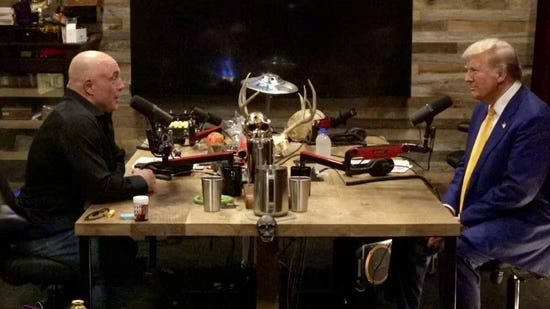
Many of the false or incorrect statements he regularly makes on his show to millions of viewers go completely uncorrected, and when you’re as big as Rogan, there’s not much to hold your feet to the fire. It’s with that in mind that I had a lot of trepidation with Donald Trump going on his show because I knew it would be a softball interview. I’m glad an extended conversation with someone running for president did happen, but as I elucidated in my coverage of Trump’s appearance on Lex Fridman’s show, the former president is a bullshitter and you’re not going to get much out of him you haven’t heard already.
More fascinating is the drama around rival Kamala Harris skipping out on Rogan’s show. While Trump sat down for three hours in Rogan’s studio, the Harris campaign requested that Rogan come out to visit her and that she could only do one hour. Understandably, Rogan said no and the podcast is clearly not happening on the eve of the election. While both candidates are very busy, Harris not taking the time do the show under the same conditions as Trump simply looks bad for her campaign. Even Trump’s running mate J.D. Vance went on The Joe Rogan Experience, raking in over 14 million views.
It will be difficult to determine if Trump going on Joe Rogan will actually make for a tangible difference in votes, but the sheer amount of views it received makes it clear that candidates in future American elections would be wise to take advantage of this format of conversation. I haven’t been impressed with Harris’ performance in scripted interviews with networks like CNN. While that lack of genuineness isn’t everything as all politicians carry some degree of fakeness, Trump doing everything from his McDonald’s stunt to appearing on Joe Rogan can’t be dismissed as nothing either.
The LDP loses big in Japan’s general elections
Don’t worry, we’re currently dealing with our own dumpster fire in this part of the world too. While most are obviously focusing on the U.S. presidential election at the moment, Japan held a general election on Oct. 27 and the results were about as disastrous for the ruling Liberal Democratic Party as one could expect. See my column from last month shortly before the election for a brief explanation of what was at stake.
Out of the 465 seats in the House of Representatives (the lower house of Japan’s National Diet), 233 are needed for a majority. For the first time since 2009, the LDP and its coalition party Komeito lost their majority in the lower house, leaving the future of politics in this country at a major crossroads. The LDP went from winning 259 seats in the last general election in 2021 to just 191 at the end of this one, having lost a staggering 68 seats. Komeito won 32 seats in 2021 to just 24 this time around, with its leader Keiichi Ishii notably being part of the losses. The LDP-Komeito coalition now has 215 seats, 18 less than the 233 required.
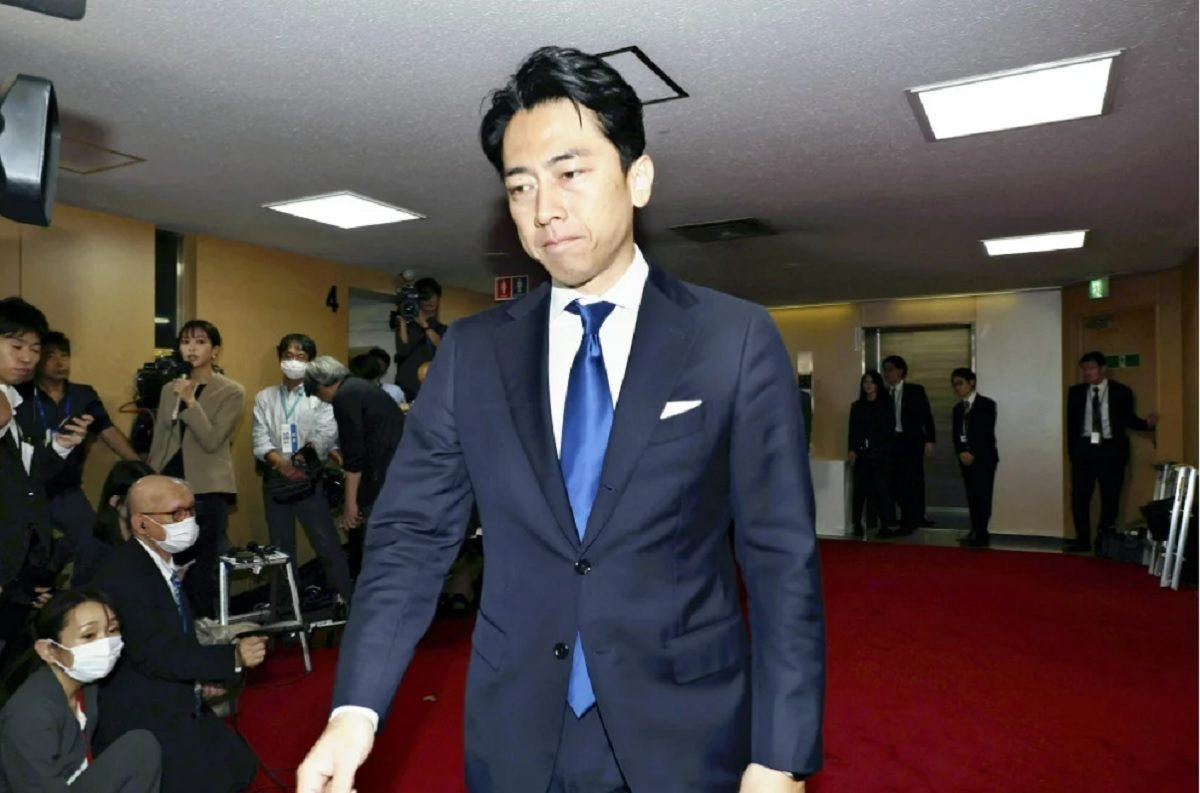
Meanwhile, the opposition Constitutional Democratic Party (CDP) won 148 seats, a major boost from 96 seats in 2021. This gain of 52 seats is the party’s biggest victory since their reformation in 2020, but as I predicted in my earlier column they still are not the new majority government. For this to happen, they would need to form a coalition with other parties to get to the 233 seats. The LDP-Komeito coalition will also need to seek out a third party if they wish to return to the majority, but speculation is now rampant around who will take what side.
Both the LDP-Komeito coalition and the CDP are now vying for the support of the Democratic Party For the People (DPP), Japan’s third-largest opposition party. The DPP did notably well in this election, winning 28 seats in comparison to 11 in 2021. Party leader Yuichiro Tamaki has recently declined to form a coalition with either side, stating that joining the LDP would be a betrayal of his party’s principles for more honest politics and that he does not have faith that the CDP will be able to unite multiple smaller parties who have vastly contrasting beliefs. He instead says that the DPP will vote on a policy-by-policy basis, which is also the same stance as the other notable opposition party Nippon Ishin no Kai.
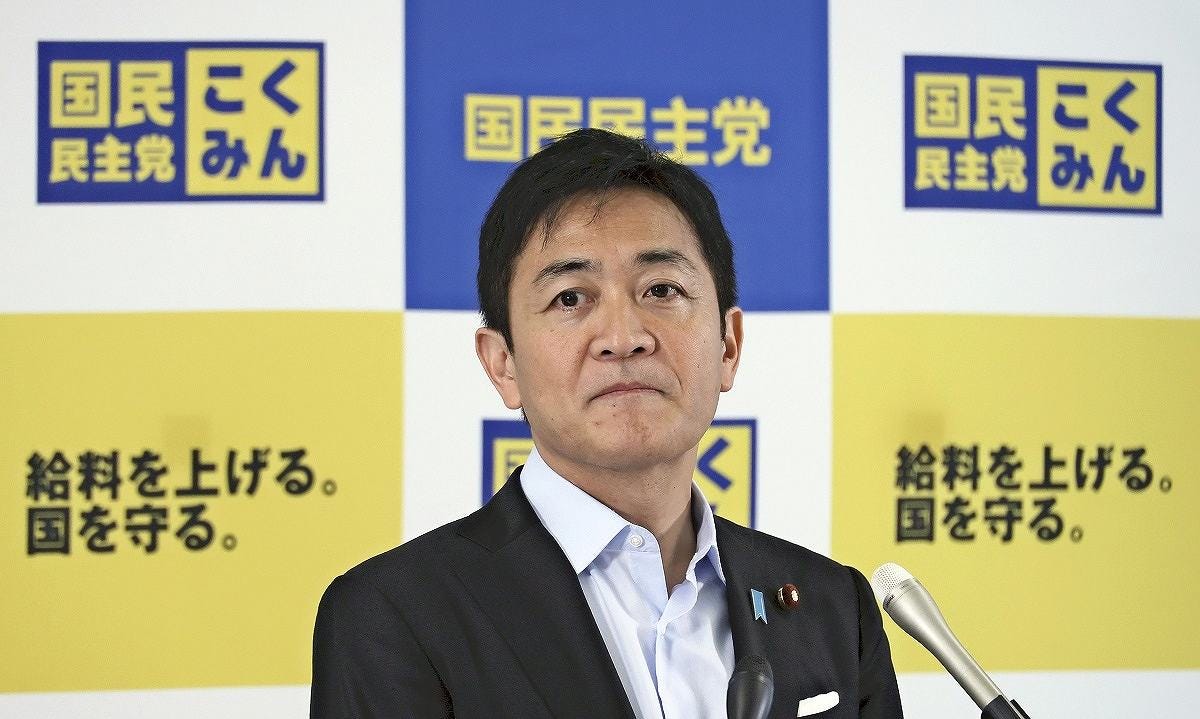
By constitutional law, there must be a parliamentary session to appoint a prime minister and Cabinet within 30 days of a general election. This is set for Nov. 11. Despite his unpopularity, newly-elected Prime Minister Shigeru Ishiba is still expected to remain. With the LDP no longer having its majority, however, he will likely find it difficult to get most of his party’s policies approved and the LDP now faces a stronger opposition than ever. If Donald Trump wins the U.S. presidential election this week, the future of Japan’s defense policies could also face significant hurdles. I’ve really only scratched the surface of how complicated all of this is, so look forward to future editions of Bonus Perspectives where I’ll continue to cover what will certainly not be a dull era for Japanese and American politics.
What I’m watching — Nosferatu is the origin of all modern horror films
Another Halloween has come and gone. I’ve never been much of an enthusiast for this holiday as an adult, and Kyoto has nothing like the debauchery of Tokyo when it comes to Halloween drinking parties. In fact, Shibuya authorities even canceled its annual Hallow’s Eve gathering this year. Japan has always had a weird relationship with Halloween, but that’s not what I’m here to talk about.
Instead, I try to catch my share of spooky cinema and horror films around this time of year. As per informal tradition, I watched John Carpenter’s Halloween which is of course a masterpiece that requires little further elaboration on. Beyond that though, I also decided to revisit the 1922 German expressionist silent film Nosferatu, an old classic that I think more people should check out now that Robert Eggers’ highly anticipated remake is set for release later this Christmas. It unfortunately doesn’t have a set Japanese release date yet, but I’ll be sure to catch it whenever it arrives on our shores.
I wanted to show my wife the original, which I bought off Amazon JP via an imported Blu-ray copy released by boutique label Kino Lorber. I ripped the film to my hard drive and added some Japanese subtitles that were thankfully available online, which meant that my wife could properly enjoy it with me. Even without text though, many silent films contain something universal with their imagery that crosses all linguistic and cultural barriers. There’s a reason why Charlie Chaplin was so successful overseas. Because no sound was present, you didn’t need to speak his language to appreciate his physical comedy or visual approach to storytelling.
F. W. Murnau’s Nosferatu works largely the same way. Yes, there’s a bare skeleton of a story that was infamously an unauthorized rip-off of Bram Stoker’s Dracula novel, but you don’t need to know the precise details to see that this is a true masterpiece of horror cinema even over 100 years after its original release. The otherworldly dreamlike visuals are masterful, as is the haunting classical score by Hans Erdmann, painstakingly reconstructed here by Kino Lorber in addition to their stellar visual restoration of the aging celluloid picture. Max Schreck’s performance of Count Orlok (widely known to a generation of late millennials and early zoomers because of a SpongeBob Squarepants cameo) is still a sight to behold and something few actors could match even with the modern benefits of sound and color.
Watching Nosferatu next to something like Halloween is actually not that radical of a jump because it provided the basic template for all horror films to follow. One can only imagine what the reactions must have been like for 1922 audiences, who would have seen nothing else like it at the time. Nearly 50 years later, the great Werner Herzog produced a fantastic remake that stayed true to Murnau’s original while being its own masterpiece. Nearly 50 years after that, we’re now about to get yet another remake that will probably also be excellent. It wouldn’t surprise me if my descendants 50 years from now see a new version of Nosferatu because it carries such an immortal, timeless legacy.
On a side note, be sure to also check out Shadow of the Vampire which reimagines the 1922 filming of Nosferatu as a fictionalized tragic meta-commentary on suffering for the art of cinema. It stars Willem Dafoe in an unforgettable performance as the vampire which would surely have made the real Max Schreck proud and makes for an excellent double feature.
What I’m reading — Brian Garfield’s Death Wish raises difficult questions around law and order
I’m one of those weirdos who usually tries to read the original novel first before consuming any subsequent film, television, or video game adaptations. What can I say, I like to experience the source material the way the author intended before it’s handed off to someone else to interpret in ways that can range from very accurate to no resemblance at all. In this case with Brian Garfield’s 1972 novel Death Wish, I probably made a wise decision.
I should note that as of this writing I have not yet seen the famous film adaptation starring Charles Bronson, but I can already tell that it’s going to be a very different beat from what Garfield wrote. Stay tuned for a separate column covering the movies when I eventually get to them because I’m certainly going to need to be in a different headspace to appreciate Bronson blowing people’s heads off. Garfield’s novel isn’t like that at all. Our protagonist Paul Benjamin is a timid accountant who’s probably the farthest thing one could get from Bronson’s burly machoism that made him so popular in movies like The Magnificent Seven and Once Upon a Time in the West.
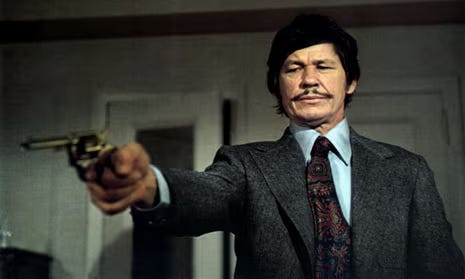
Death Wish is a plainly written, but compelling novel about a man’s liberal worldview being turned upside down after his wife and daughter are brutalized by a gang of hoodlums who break into their Manhattan apartment. Benjamin’s wife doesn’t survive and his daughter is reduced to a vegetable after the psychological trauma of her assault, compelling him to wage a one-man war against New York’s criminal scum. The novel was written when the city was facing a major crime epidemic in the 1970s, but much of its arguments presented by the story’s liberals and conservatives still sound surprisingly close to what we hear in American political discourse today.
Many will dismiss Death Wish as cheap trash which glorifies vigilantism and promotes right-wing talking points around guns, but I didn’t get that impression at all. While the novel’s prose is closer to newsstand pulp stories than something aimed at a more high brow audience, Garfield is perfectly aware that his characters are reducing complicated societal issues to oversimplified paradigms. The protagonist is constantly chiding himself and doesn’t completely turn into a raging conservative, but he does acknowledge where his previous idealism fell short.
Death Wish doesn’t mince words with its gritty descriptions of New York’s ugly side, and it provides a fascinating time capsule into when the city was a far more dangerous place than it is now. Garfield gives some surprisingly thoughtful insights into our often contradictory culture around violence, which goes back to the days when the U.S. was founded on armed revolution against the British Empire. Guns are to Americans what sushi is to the Japanese. In that sense, Death Wish is a true American novel because it couldn’t have taken place in any other country.
The relatively short length means you’ll finish the novel in a weekend, but Death Wish only feels like part one of a greater story with the ambiguous and somewhat unsatisfying note it ends on. Apparently Brian Garfield thought so too because he wrote a sequel called Death Sentence three years later. He returned to the story after being reportedly dismayed that so many people seemed to have misunderstood his intended message and also wasn’t a fan of the film adaptation. I’ll have to cover both in future columns, but as is I can certainly recommend Death Wish as a novel that has not lost any of its importance in the over five decades since it was published.
Foreign Perspectives is a reader-supported Substack. If you like my work and have come this far as a new reader or free subscriber, consider opting for a paid subscription so I can continue writing in-depth articles such as these on a regular basis. Your support is greatly appreciated!



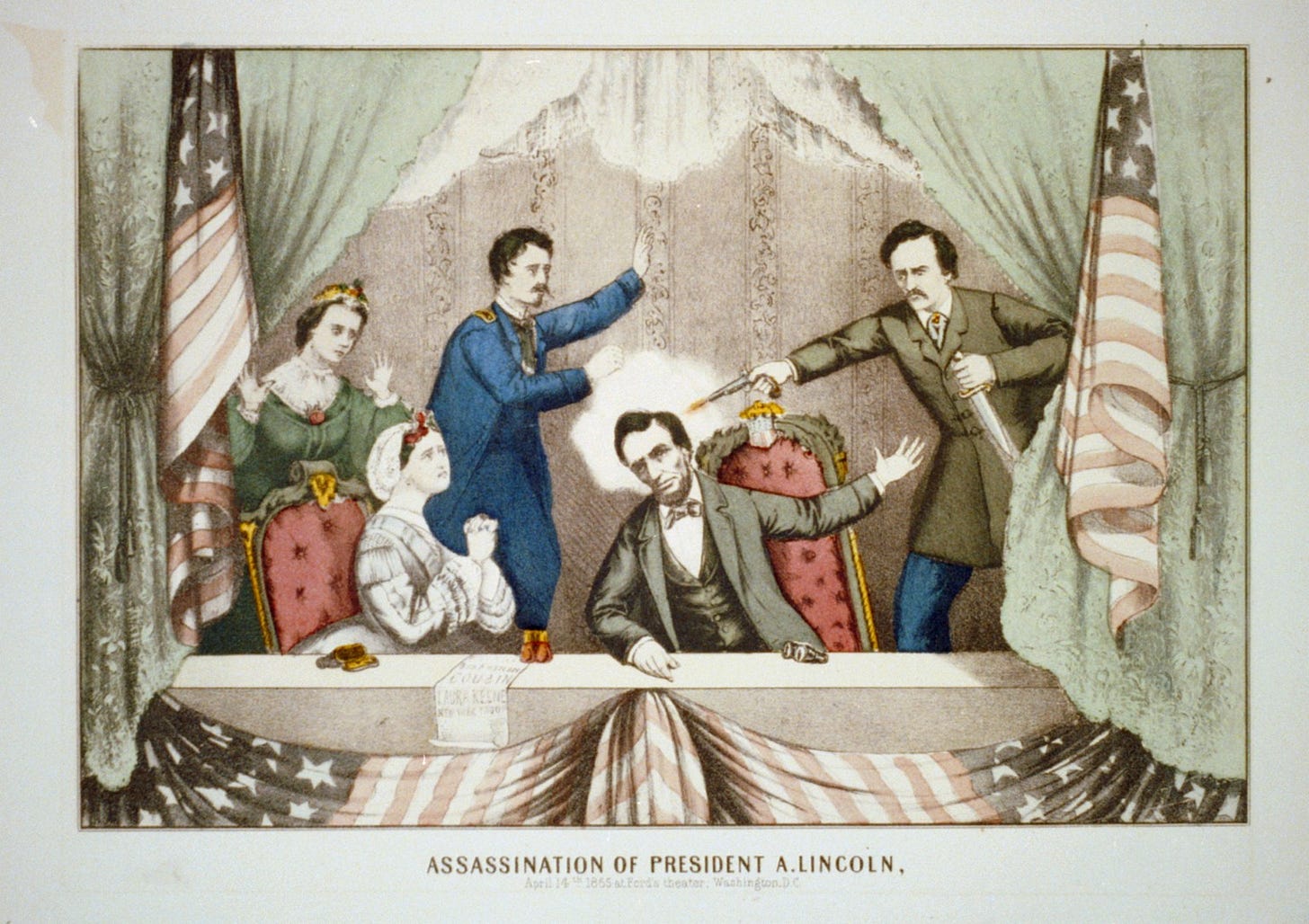
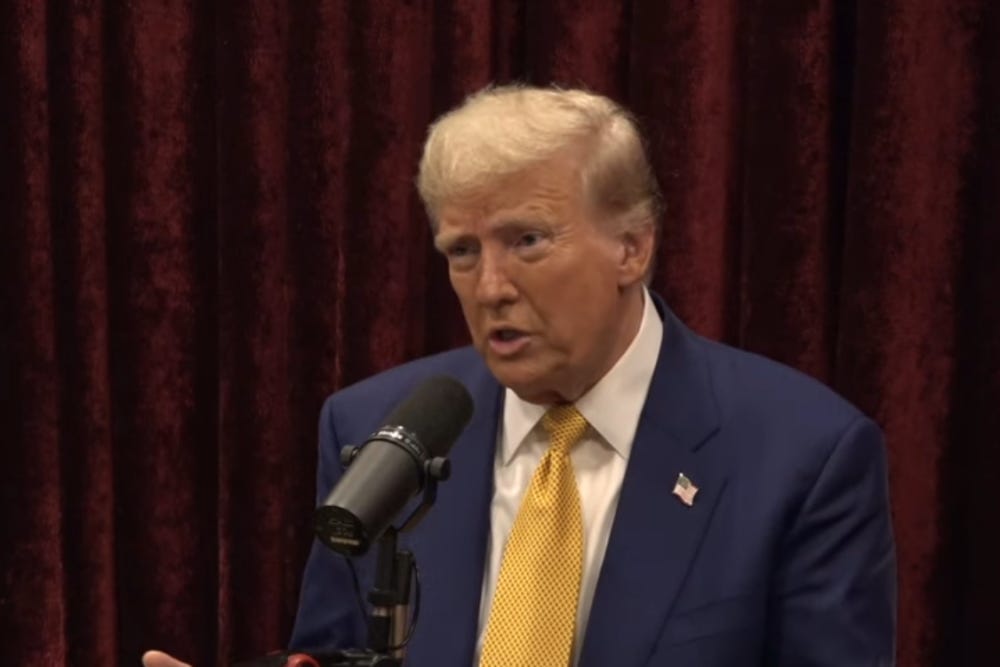

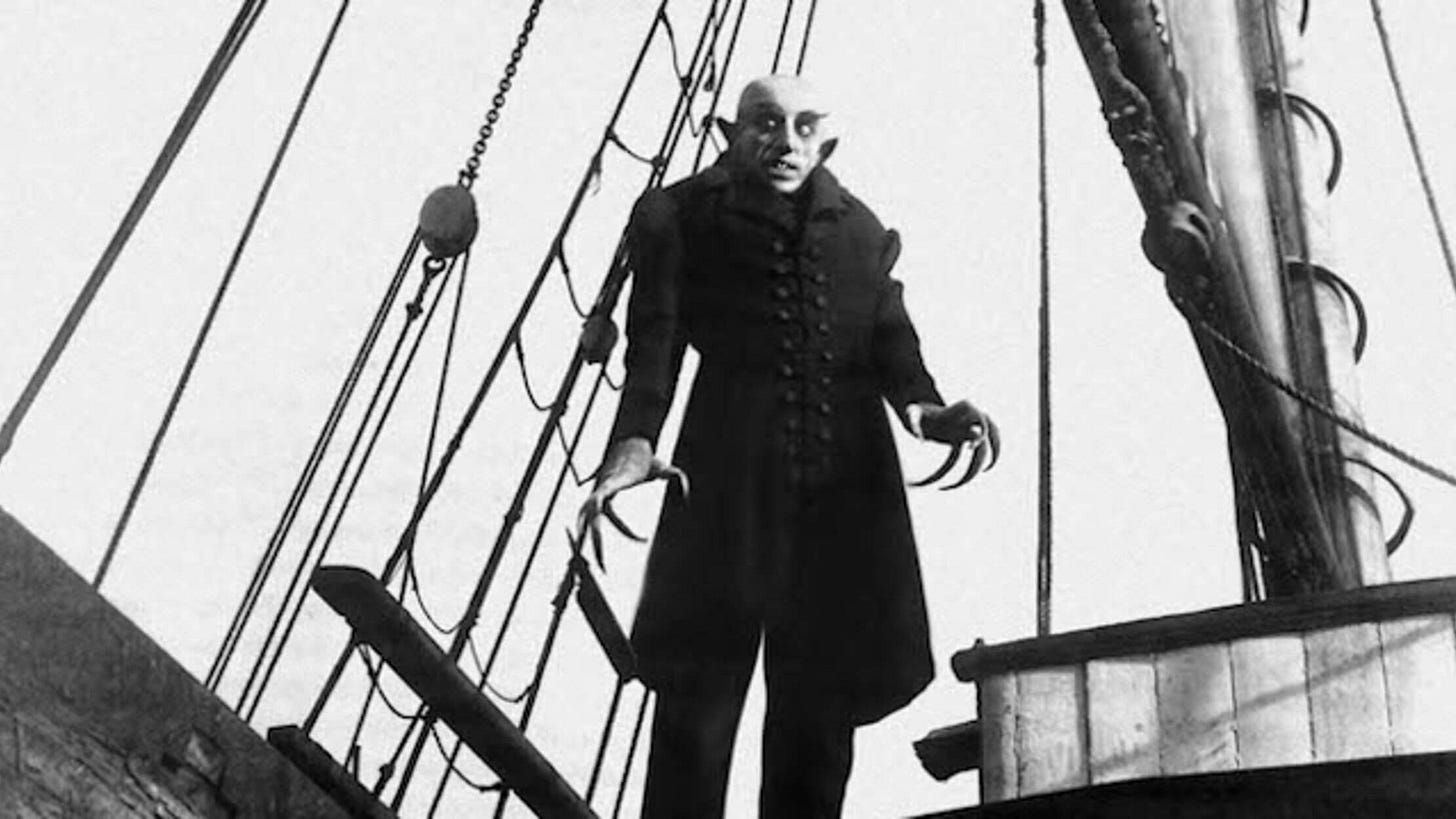
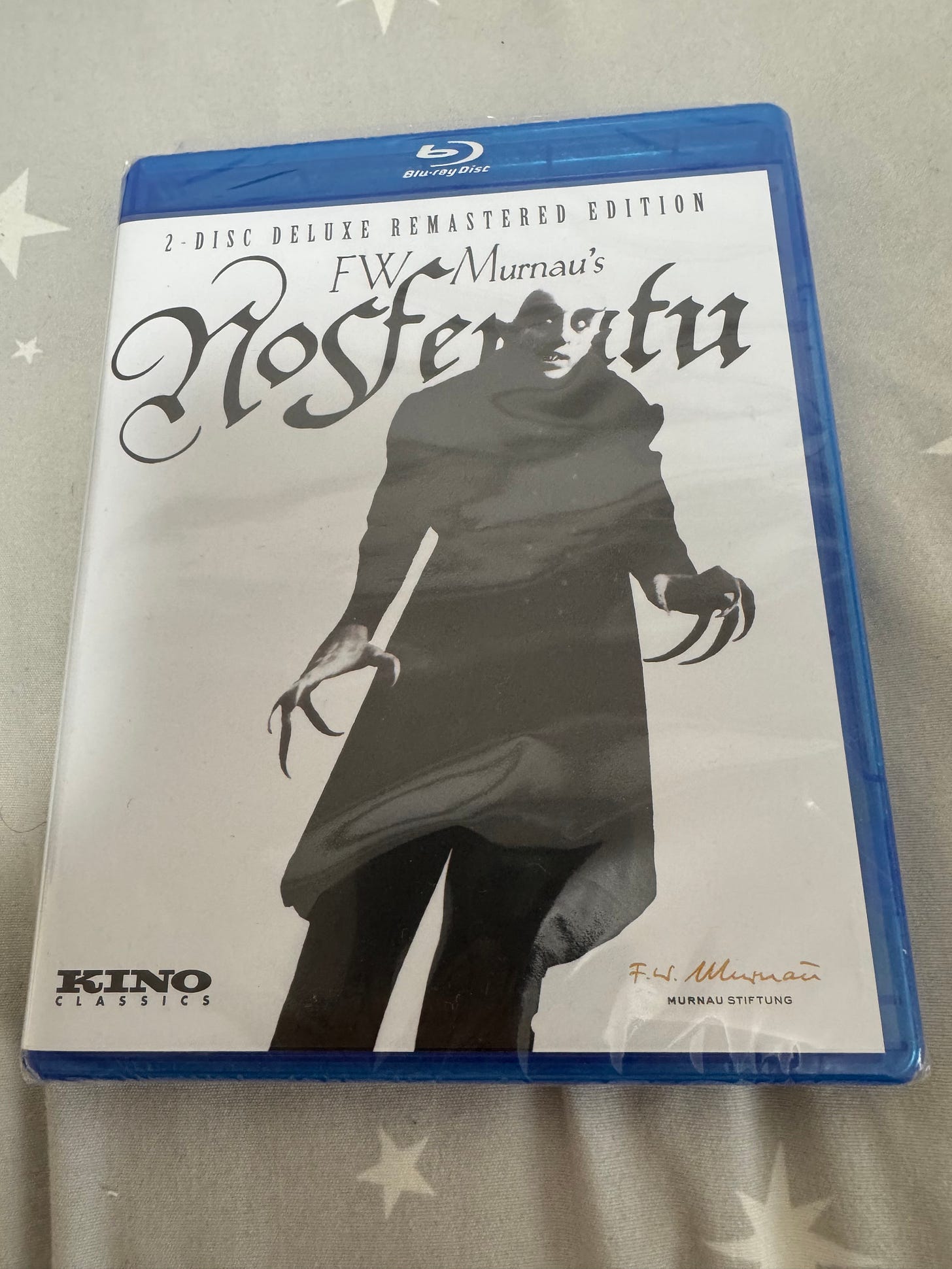

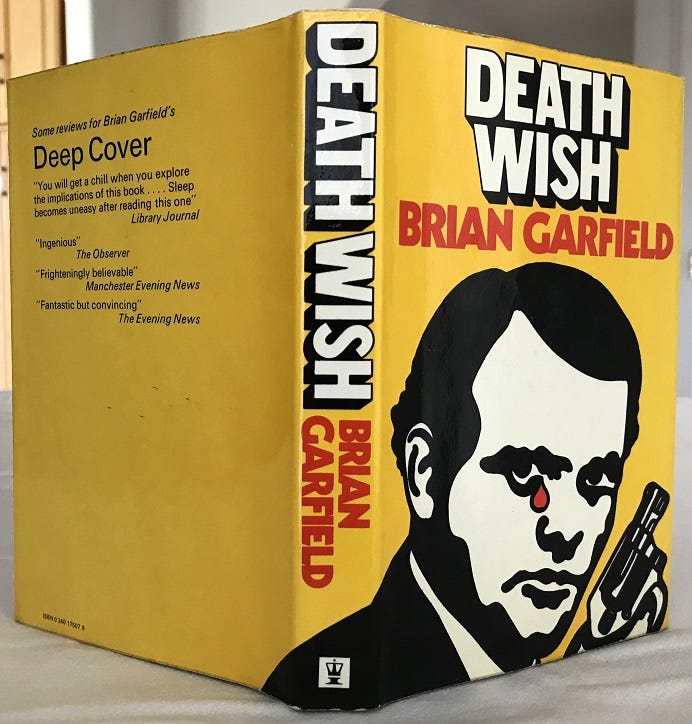

Good takes on the US election.
Nosferatu by Werner Herzog starring Klaus Kinski is also worth a watch. Saw the trailer for the new one last night though (before Godzilla re-release). Looks good like most Eggers stuff.